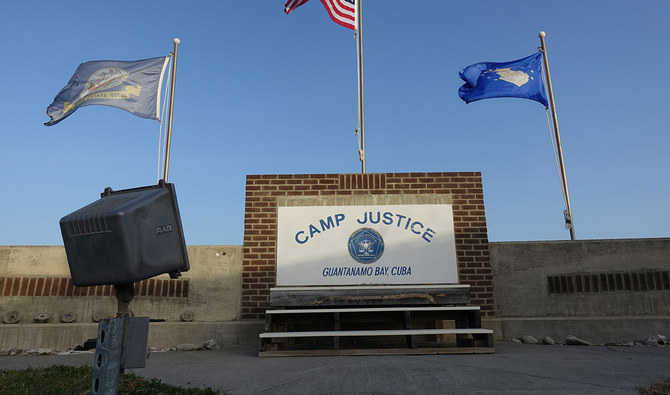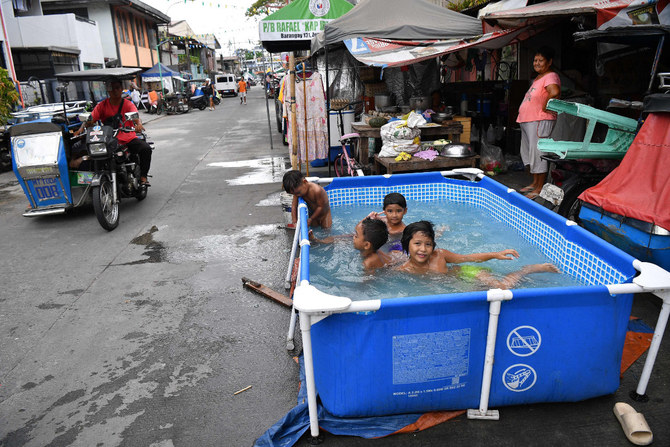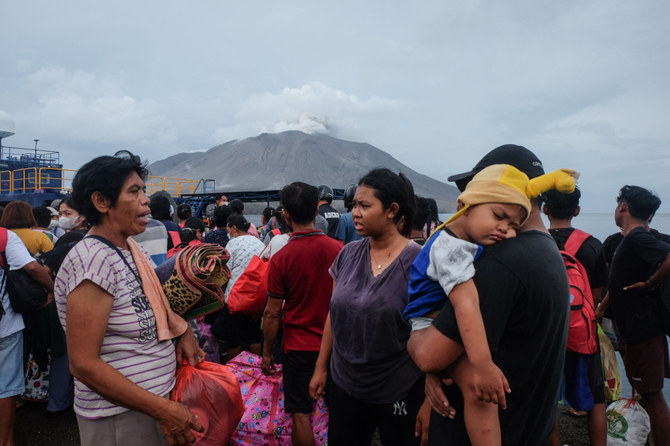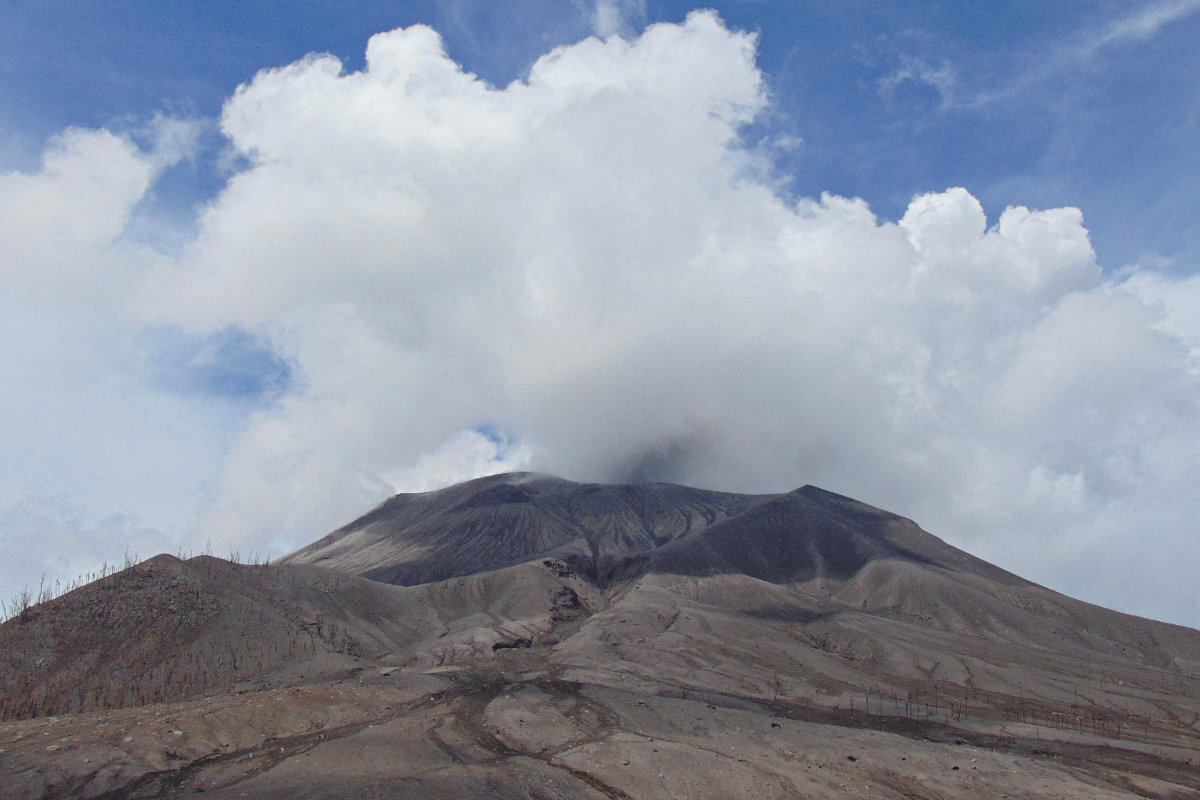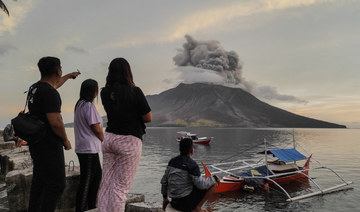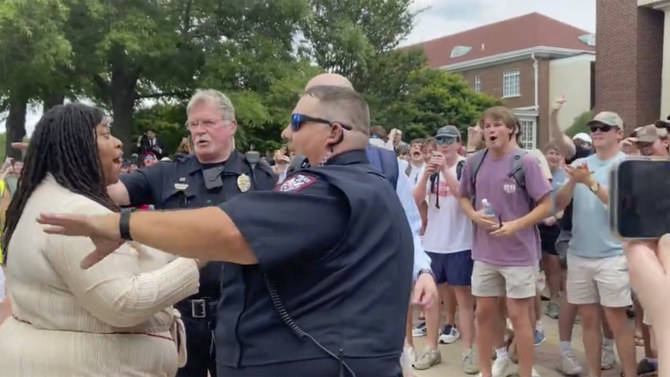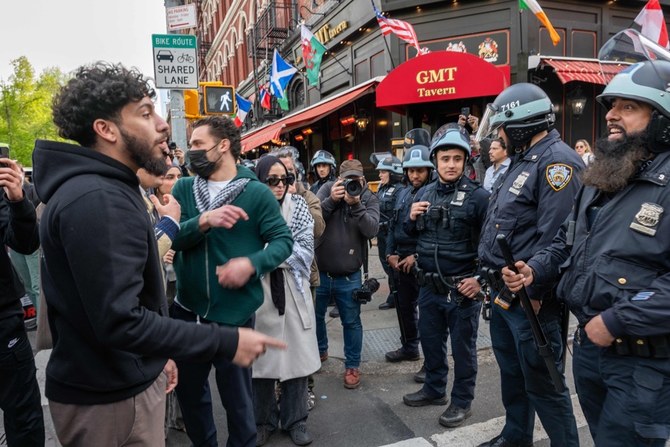UNITED NATIONS: At the US detention center at Guantanamo Bay, the aging men known by their serial numbers arrived at the meeting shackled. Every single one told the visitor — for many the first independent person they had talked to in 20 years — “You came too late.”
But they still talked, about the scant contacts with their families, their many health problems, the psychological and physical scars of the torture and abuse they experienced, and their hopes of leaving and reuniting with loved ones.
For the first time since the facility in Cuba opened in 2002, a US president had allowed a United Nations independent investigator, Fionnuala Ní Aoláin, to visit.
She said in an interview with The Associated Press that it’s true she came too late, because a total of 780 Muslim men were detained there following the 9/11 terrorist attacks that killed nearly 3,000 people, and today there are just 30 remaining.
The United Nations had tried for many years to send an independent investigator, but was turned down by the administrations of George W. Bush, Barack Obama and Donald Trump.
Ní Aoláin praised President Joe Biden’s administration for allowing “critical voices” into the facility. And she expressed hope other governments that have barred UN special investigators will follow Biden’s example.
The Belfast-born law professor said she believes the cross-section of “high-value” and “non-high value” detainees she met with — the Biden administration gave her free rein to talk to anyone — “recognized the importance of sitting in a room with me.”
“But I think there was a shared understanding that at this point, with only 30 of them left, while I can make recommendations and they will hopefully substantially change the day-to-day experience of these men, the vast majority of their lives was lived in a context where people like myself and the UN had no influence,” she said.
Ní Aoláin, concurrently a law professor at the University of Minnesota and at Queens University in Belfast, said she has visited many high-security prisons during her six years as a UN human rights investigator, including some built for those convicted of terrorism and related serious offenses.
But “there is really no population on Earth like this population that came to Guantanamo Bay, Cuba, in the circumstances in which they came, rendered across borders,” she said.
In her report issued June 26, Ní Aoláin said even though the attacks on Sept. 11, 2001, were “crimes against humanity,” the treatment of the detainees at Guantanamo was unjustified. The vast majority were brought there without cause and had no relationship to the terrorist attacks, she wrote, adding that all of the men still alive suffer from psychological and physical trauma.
The Biden administration, which has said it wants to close the Guantanamo facility, said in a statement attached to the report that Ní Aoláin’s findings “are solely her own” and “the United States disagrees in significant respects with many factual and legal assertions” but it will carefully review her recommendations.
In last week’s interview with the AP, Ní Aoláin talked about what she saw on a personal level.
She said all US personnel are required to address detainees by their internment serial number, not their name, which she called “dehumanizing.”
Ní Aoláin said she is especially concerned about three detainees who have not been charged and “live in a complete legal limbo,” which is “completely inconsistent with international law.” Of the others, 16 have been cleared to leave but haven’t found a country willing to take them and 11 still have cases pending before US military commissions.
When the detainees were brought to meet her, they were shackled, which she said is not standard procedure even for those convicted of terrorism. Under international law, she said, people cannot be shackled except for imperative security reasons, and in her view at Guantanamo it should be prohibited and used only as a last resort in exceptional circumstances.
“You’re dealing with an elderly vulnerable population who are incarcerated,” Ní Aoláin said.
“These men, because they are torture victim survivors, they have difficulties concentrating, they have challenges with recurrent memory, somatic pain. Many of them struggle with mobility and other issues,” including permanent disabilities, traumatic brain injuries, chronic pain and gastrointestinal and urinary problems, she said.
Ní Aoláin said force feeding has been an ongoing practice in response to their hunger strikes, which along with suicidal ideas and self-harm “speak to the core finding of this report — which is the deep and profound despair of individuals who’ve been held without trial for 20 years, have not seen their family members, have had no access to the outside world” except their lawyers until she visited in February for four days.
Practices like using restraints cause added psychological distress for many of the detainees, she said.
For the report, Ni Aoláin also interviewed victims, survivors and families of those killed on 9/11, and she met with some of the 741 men who already had been released from Guantanamo, including approximately 150 resettled in 29 countries. The rest returned home, and 30 men have since died.
What the men still at Guantanamo and those who have been released need most, she said, “is torture rehabilitation — every single one — and the US is a leader in torture rehabilitation.”
She welcomed Biden’s “extraordinary statement” on June 26, the International Day in Support of Victims of Torture, reaffirming US opposition “to all forms of inhumane treatment and our commitment to eliminating torture and assisting torture survivors as they heal and in their quests for justice.”
“That tells me … there is a capacity to remedy here,” she said. Rehabilitation is critical for all torture victims, she said, but also “for ourselves, because that’s what democracies do. … We look at our past, we take it onboard, and we address it, because democracies are self-correcting.”
Ní Aoláin called the communal meals and communal prayer for all detainees — which the US emphasizes — very important.
“The men themselves are enormously important to each other in their rehabilitation,” she said. “There is an enormous bond of support and fraternity and care among these men for each other.”
Ni Aoláin noted the detainees have some privileges — they are able to watch television and read books — and there are language classes, some opportunities to learn about computers and art lessons.
She said she was “really gratified” the Biden administration recently decided to allow detainees to take as much of their artwork “as is practicable” when they leave.
“This creative work is enormously important to these men,” she said, noting that a detainee who recently returned to Pakistan had an art exhibition in Karachi some weeks ago.
Among the many recommendations Ní Aoláin’s report makes is for torture rehabilitation and additional education and training, especially for those cleared to leave.
“These men are going to go out into the world,” she said. “Many of them were young men when they were detained and rendered to Guantanamo Bay, Cuba. They’re now old men, middle-aged men, who have to figure out how to go back into life, and many of them have huge anxieties” about providing for their families and about being fathers after so many years.



